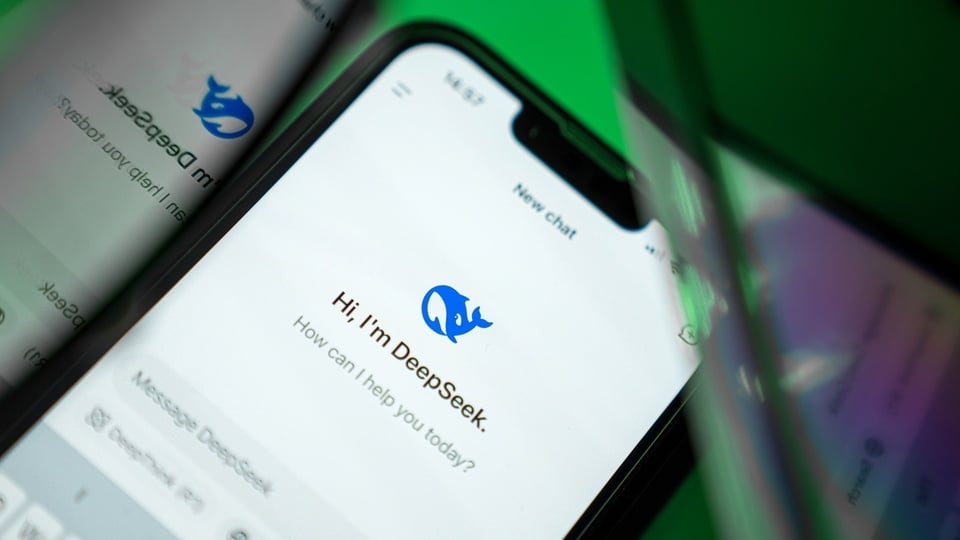 |
Deepseek is a "shock" to Chinese AI startups. Photo: Abc . |
On its second anniversary, Baichuan, one of the “Six Tigers” of China’s AI industry, changed direction. CEO Wang Xiaochuan emphasized cutting redundant activities and focusing on the medical field. This was in stark contrast to the original vision of building a Chinese version of OpenAI’s platform model.
Similarly, Zero One, another member of the group, founded by Kai-Fu Lee, also announced a shift to a "small but smart" strategy. The start-up abandoned its original ambitions, building an AI 2.0 platform and accelerating the birth of AGI (General General Intelligence). According to Xpin, this trend reflects the fact that tigers have now "turned into kittens".
DeepSeek Shock
In fact, this change has already begun before the public realizes it. According to technology expert Wang Wenguang, author of “The Big Model of Knowledge Graphs,” many Chinese companies have abandoned LLM training because the cost is too high.
By January, when DeepSeek R1 was released, most small and medium-sized businesses realized they were completely out of step. This upheaval caused the six tigers to simultaneously shift their focus from AGI development to other areas.
Baichuan and Zero One abandoned their pre-trained models and focused on medical AI. MiniMax narrowed its B2B footprint and moved into overseas markets with video creation applications. Zhipu AI, Moonshot AI, and Character AI are still active in the open source community, but none have surpassed DeepSeek R1.
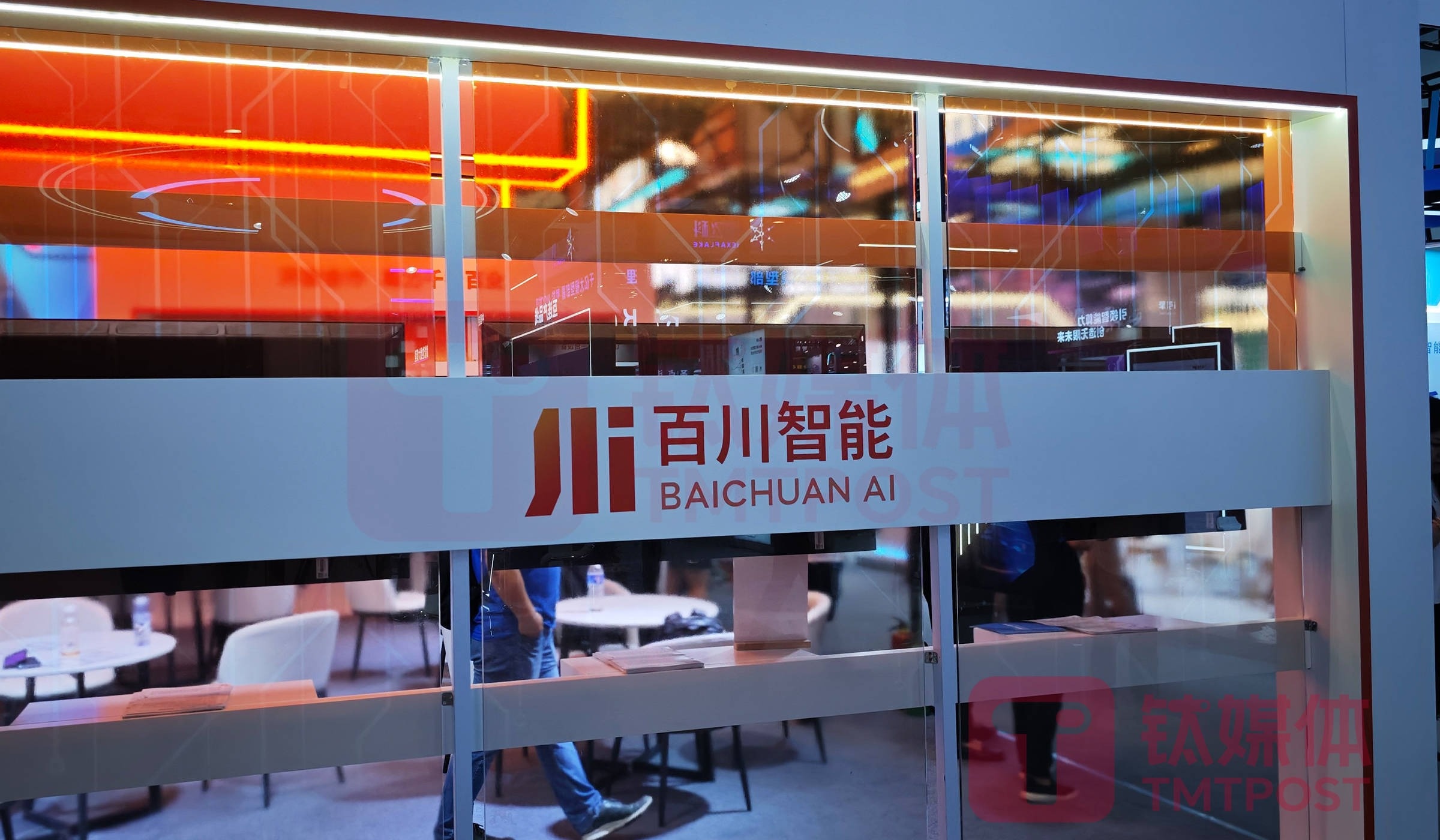 |
Baichuan has successfully raised hundreds of millions of dollars in capital. Photo: TMTPost. |
Currently, the "6 Tiger Cubs" focus on the B2B SaaS (Software as Service) market - considered the "least innovative" in the AI field. However, this market is also full of challenges. Wang Wenguang pointed out that the platform for developing large language models has low technical barriers.
"It took me about half a year to develop such a platform myself. I think it's difficult to make money from this product through a company, but individuals who operate it can still earn a little bit.
“There are about a thousand similar platforms on the market now, and they are easy to copy. I work with B2B businesses, providing services for only 40,000-50,000 yuan, which is a level that big companies cannot compete with,” Wang said.
What future for Chinese AI?
Experts agree with Kai-Fu Lee's assessment that in the future, only DeepSeek, Alibaba and ByteDance will continue to develop the platform model in China.
"Startups that continue to pursue LLM technology will all fail. The most promising is definitely DeepSeek, followed by Alibaba and ByteDance. The leader is expected to take 50-80% of the market share, the rest may take 10%. The bottom line is whoever makes AGI first, that company will be the ultimate winner," said Jiang Shao, an AI expert at a financial company.
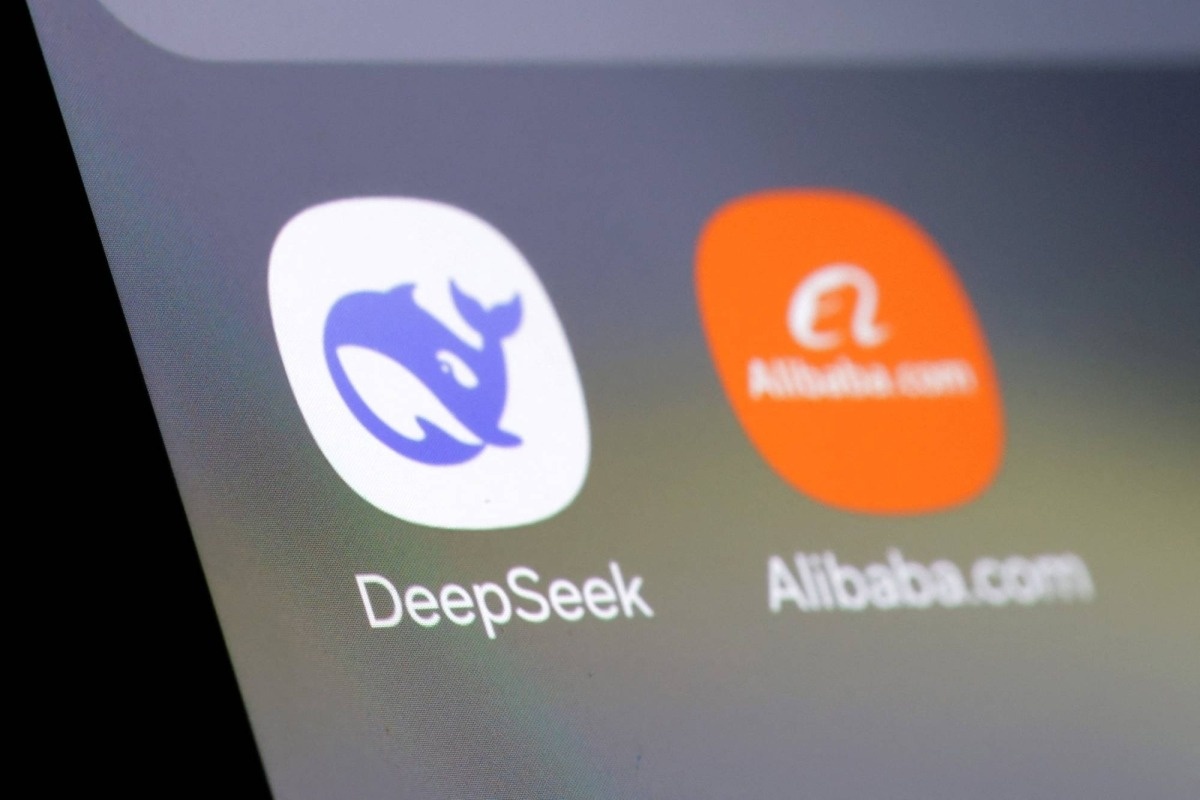 |
DeepSeek, AIibaba and ByteDance are three companies with opportunities in the platform AI sector in China. Photo: Japantimes. |
DeepSeek is leading with the advantage of technical idealism, talented team and significant resources. Wang Wenguang commented that the company can reach the global number one position if it wants to commercialize.
When it becomes difficult to determine the winner, data becomes the most important factor, according to Xpin. "To create a competitive advantage, the decisive factor is what data you own, because anyone can use the model," emphasized Gao Peng, a technology expert at Alibaba.
Whether developing a platform model or focusing on B2B, AI startups find it difficult to create miracles. Without data or years of accumulated experience, they cannot create a competitive advantage. This has caused China's six "AI tigers" to scale back their ambitions, seeking opportunities to survive in the volatile AI market.
Source: https://znews.vn/6-con-ho-ai-trung-quoc-hoa-meo-post1546089.html



![[Photo] Prime Minister Pham Minh Chinh starts construction of vital highway through Thai Binh and Nam Dinh](https://vphoto.vietnam.vn/thumb/1200x675/vietnam/resource/IMAGE/2025/5/12/52d98584ccea4c8dbf7c7f7484433af5)


![[Photo] Buddha's Birthday 2025: Honoring the message of love, wisdom, and tolerance](https://vphoto.vietnam.vn/thumb/1200x675/vietnam/resource/IMAGE/2025/5/12/8cd2a70beb264374b41fc5d36add6c3d)

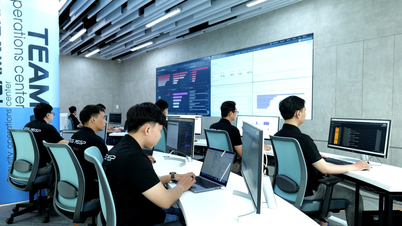
































































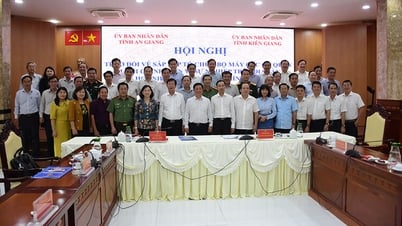



















Comment (0)